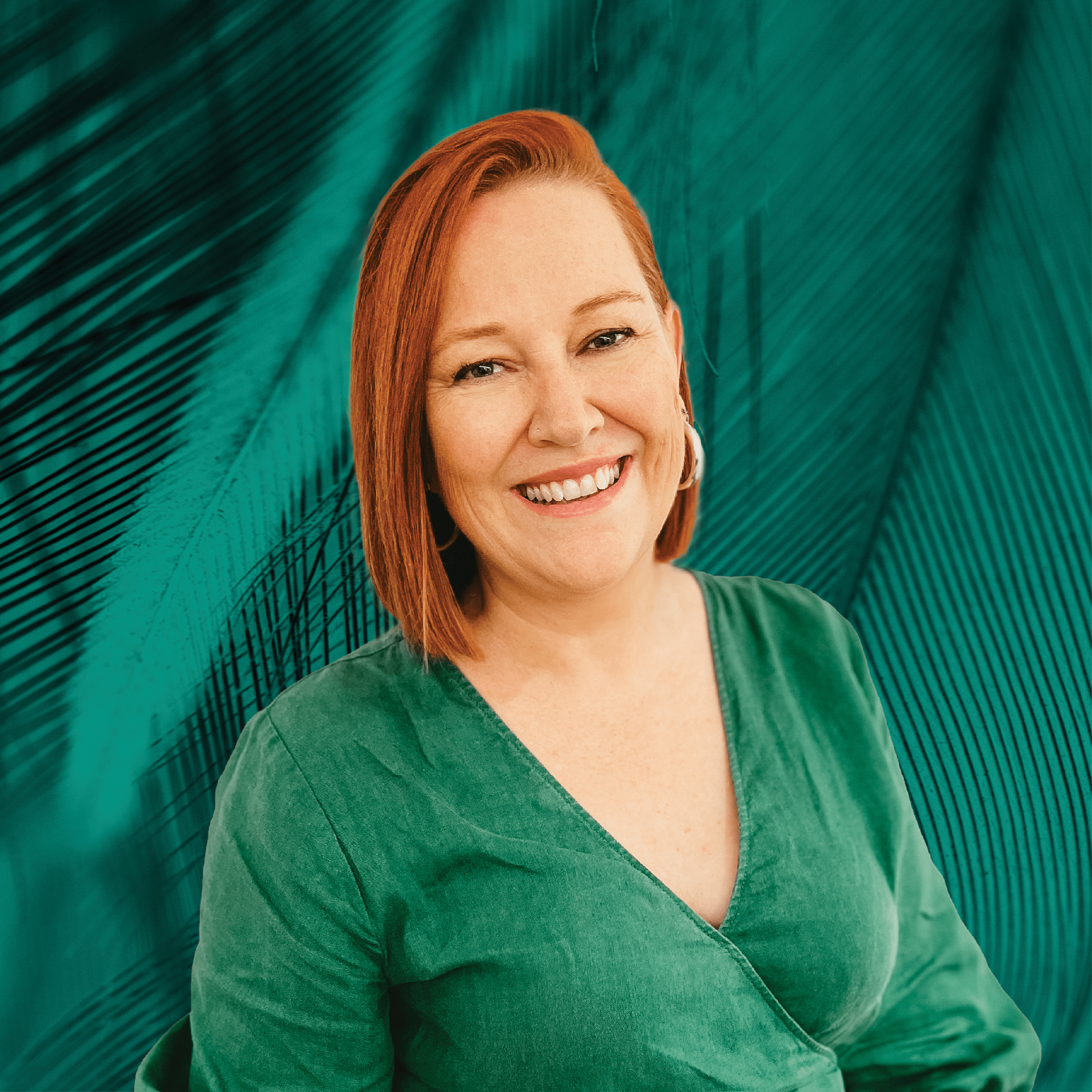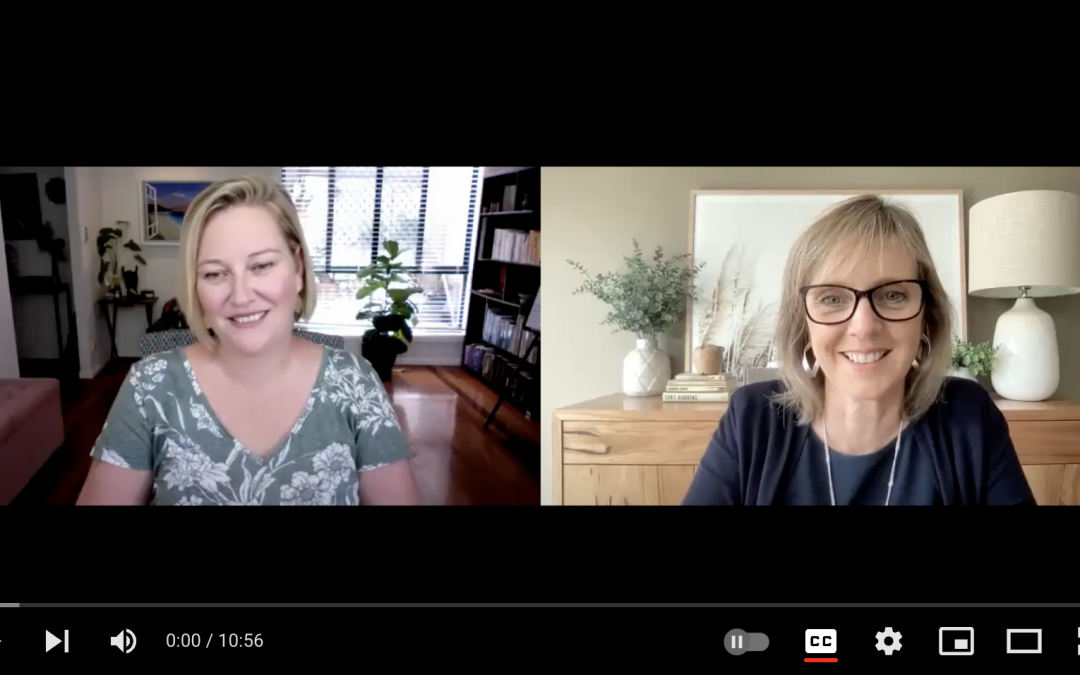
Without simple scalable sales systems your business will be stuck

The truth of it is that your business can only go so far with a reactive approach to sales and business growth.
You’ve had some awesome success in your business (congrats btw!).
But it can feel a little chaotic, and even with all of your wins under your belt, somehow it feels like you’re ‘winging’ it.
When you don’t have a sales process in place you’re basically starting over every time a new client comes through the door #exhausting
You don’t want to have to think about the next steps all the time or be worrying about the quality of sales conversations your team are having when you’re not there.
You want to feel like everything’s consistent, under control and taken care of at all times.
I’m sure you’ve heard people like me bang on about how important a sales process is to business.
I get it, it’s hard to pinpoint exactly what needs to be done or exactly what that means.
And let’s be honest, you don’t have the time to sit down and map this stuff out!
But here’s the thing, when you know where you’re going you can get there quicker and easier. Think about it like using a GPS system for your clients.
A good GPS will give you suggestions on shortcuts and takes the thinking out of the driving for you. It guides each milestone, pit stop, and the road to travel. It also navigates detours around unexpected surprises that pop up.
When you put a destination in the GPS, it gives you the most efficient way to get to where you’re going.
Don’t you want that for your clients?
If you do, there are 6 areas for you to think strategically in your business. To get clarity right away on your strengths and gaps, how many do you answer yes to?
- Sales set up: Do you intimately know your #’s – past, present and future and do you have a positive mindset about sales?
- Attract: Do you have a reliable lead gen strategy in place?
- Qualify: Is there a simple and effective qualifying process for new clients?
- Convert: Are you consistent in your approach to converting clients ie. 1st time appointment and 2nd appointment, effective (repeatable) questions to uncover needs?
- Nurture: Do you have a nurture sequence for the yes’s, no’s and the not now’s?
- Innovate: Is there a system to ensure you regularly review your services, revenue streams, processes, and client experience?
Research conducted since the pandemic (by the Brevet Group) shows there are longer buyer cycles than ever before.
This highlights the importance of having a sales framework or process to take the emotion out of selling and to make sure leads don’t go cold.. or are forgotten about.
You don’t want to be leaving money on the table or not getting paid what you’re worth! Check out more on getting paid what you’re worth here.
Most importantly having this process makes your clients feel taken care of and helps them decide if you’re the right fit for them.
What are your next steps?
Once you’ve identified your strengths and gaps, don’t put pressure on yourself to put everything in place at once. Chip away at each point one step at a time. Start with area 1 moving your way through to 6.
Remember, you don’t have to do this alone!
This is the exact process we take our clients through to help them get more time and step back from the business with ease and confidence so they can get back to doing what they love. Book a clarity call if you want guidance on what your best next step is.

Supercharge Your Business!
Join us to receive expert podcast episodes and tips on how to achieve the work-life balance you've been craving while still watching your business grow.







Recent Comments